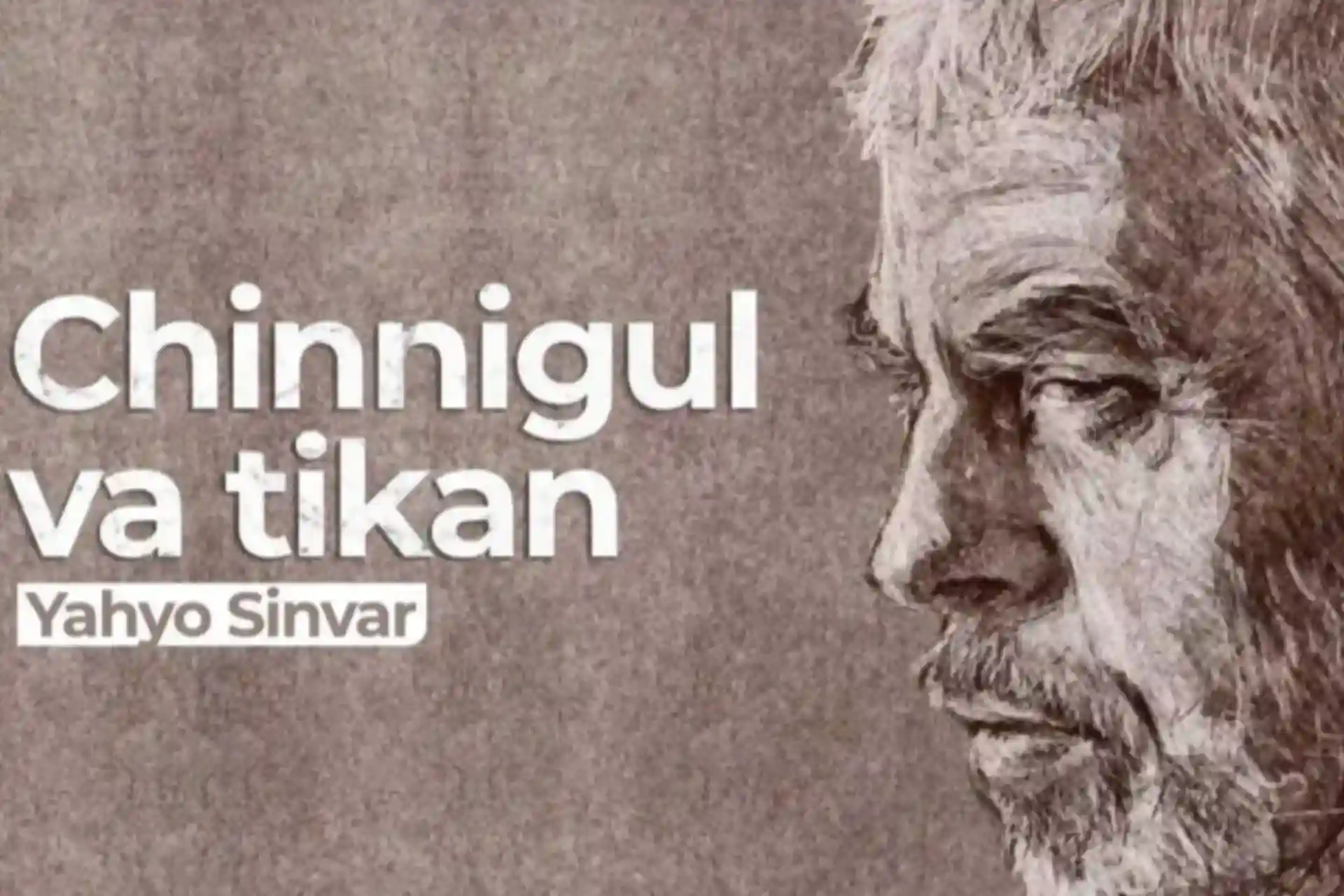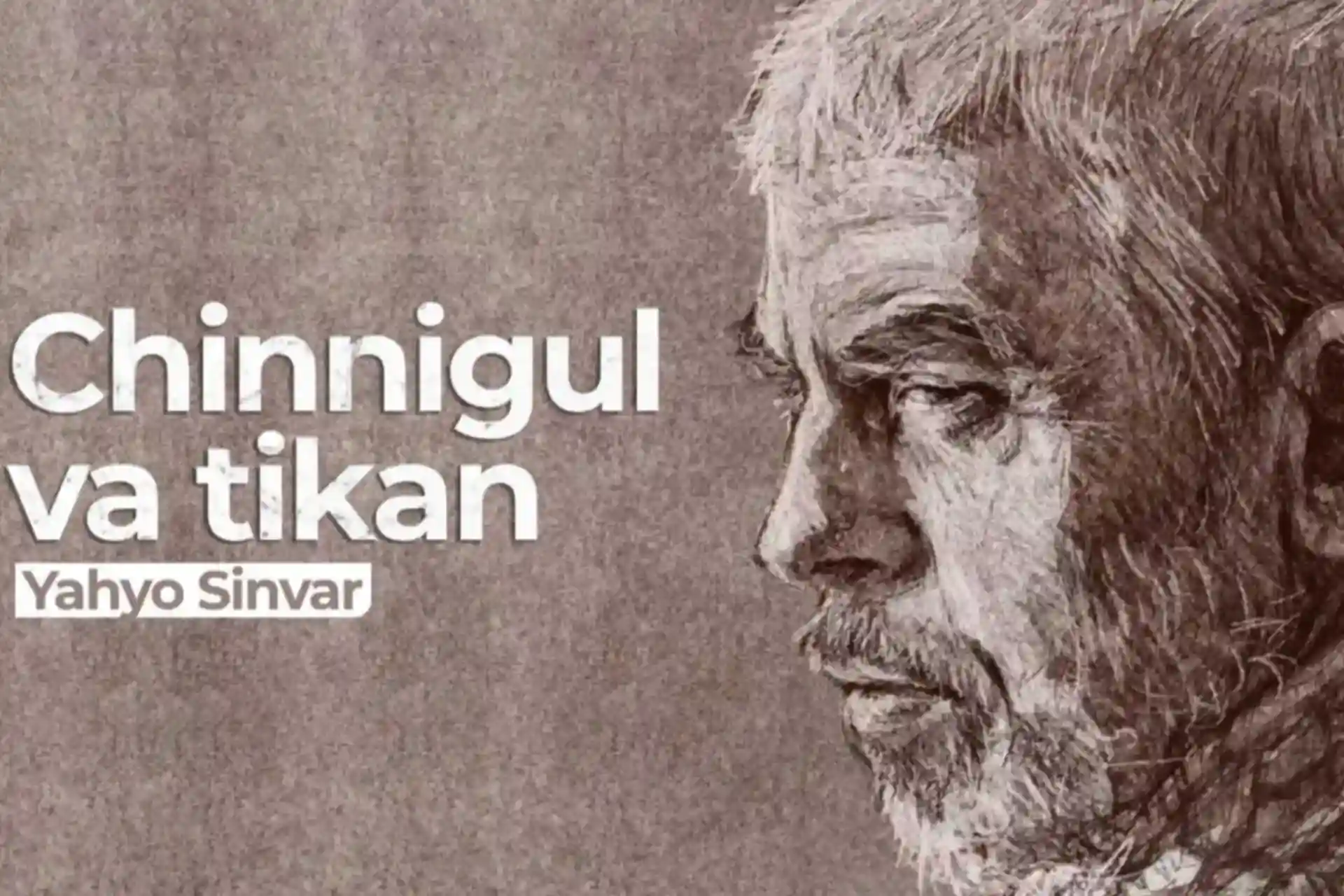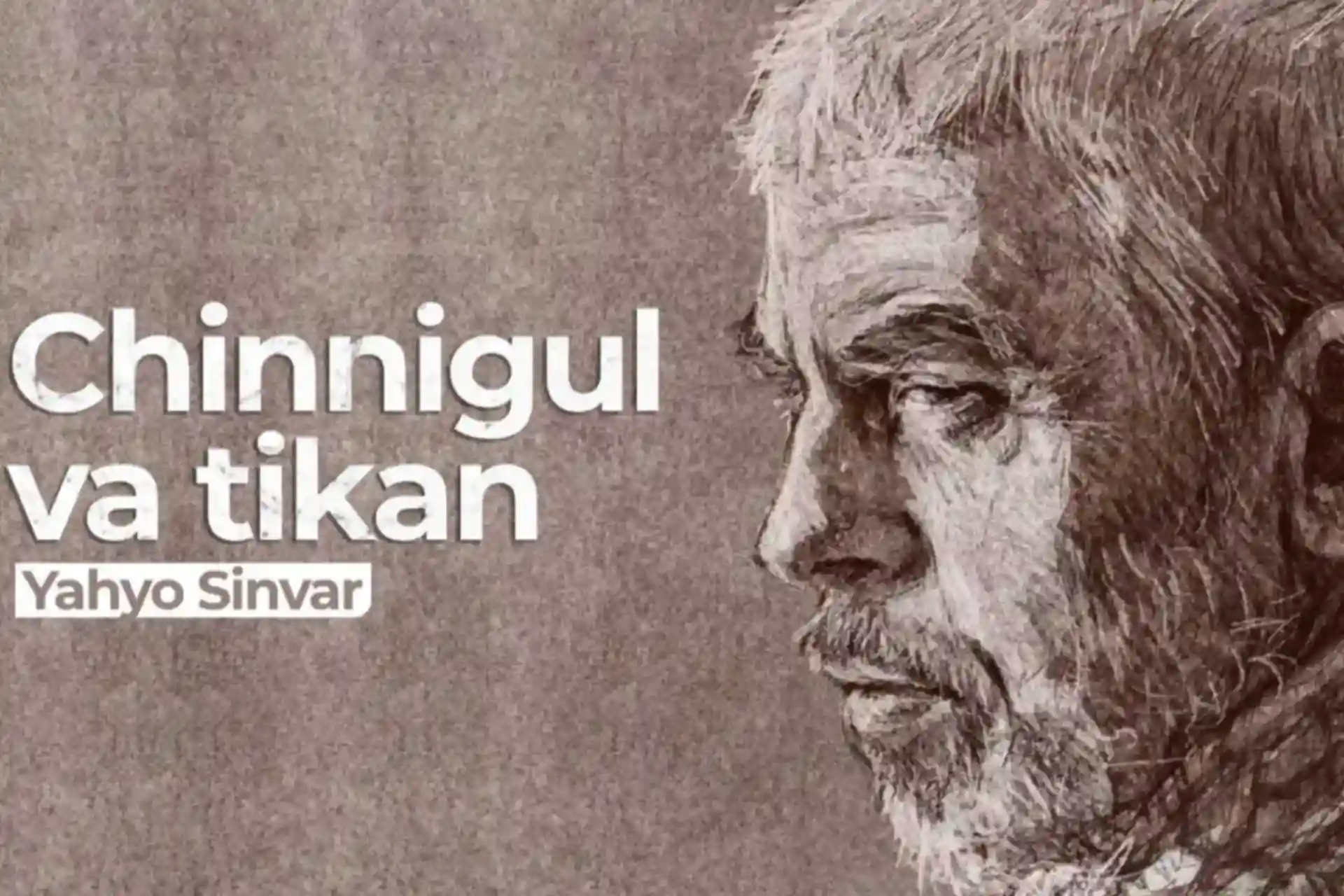09.02.2025 08:10
1545
"The Carnation and the Thorn" – Yahya Sinwar (story, part 29)
Season Eleven
The time for my brother Mahmud's release was approaching. My mother began to prepare for my brother's return. We whitewashed the houses again. My mother prepared sweets. We talked about our dreams, just as we had before, just as we had planned before my brother's return from Egypt. On the day of his release, we waited impatiently at the prison gate. My brother went to the prison gate at noon and showed himself through the prison gate. When he saw us, he ran towards us, and we ran towards him too. We hugged each other, thanking him for returning safely to our arms. My mother, as always, was left behind. My brother Mahmud went to my mother, bowed, and kissed her face and hands. If it was my mother, she would say, "Don't be embarrassed, you chief engineer," and stop him from kissing her hand. We returned home, our heads full and our heads in the blue. Any acquaintance we met on the way would hurry up to congratulate us. They would say to my brother Mahmud, “Hello, you are safe, Chief Engineer.” When we entered the neighborhood, our neighbors welcomed my brother Mahmud as if they were welcoming a commander who had returned from victory. Our days passed one after another with joy, visits, and congratulations. The joy of being released from prison did not fade, but it was joined by the joy of my brother getting a good job in the engineering field. As they say, one hardship brings two eases, and my brother’s monthly salary was very good. Our joy did not fade, and the next joy began: We got my sister Fatima engaged to one of my brother Mahmud’s friends. Shortly after, we also started the wedding. After we dropped my sister off at her bridal house, I realized that my sister was filling our house. Seeing this gap, my heart felt like it was being squeezed out of my ribs. As is the law of life, over time we got used to it. In particular, when I saw that my sister was happy in her new family, we were happy too.
Not long after, our neighbor Umm Abed's son Abdul Hafiz, who had been imprisoned on charges of being a member of an armed group, was also released. The neighbors welcomed him no less warmly than they had welcomed my brother Mahmud. This time, Aunt Umm Abed treated him to sweets. But despite the fact that Mahmud was in the same prison as Abdul Hafiz and had gone through hardships together, it was special that he welcomed him. It is true that there are a thousand and one reasons why they became close friends, but on the other hand, it was noticeable that there was a rivalry between them. When political and intellectual issues were discussed in their conversations, one would immediately interrupt and criticize the other.
A few months after my brother Mahmud got a job, my mother recommended that we build a house befitting a chief engineer. We didn't have a room big enough to accommodate my brother's relatives who came to visit. After that, we hired builders and bought the necessary raw materials. A modern house was built with high walls, many windows, and a beautiful door. Then my mother said to buy a bed. Then chairs. Then other equipment. Gradually, a noticeable change occurred in our house, and we started talking about getting my brother Mahmud married. My mother would ask my brother what qualities he looked for in a girl.
* * *
The militants' numbers had declined. Many of them had been imprisoned, some had been martyred. The world had opened up to the people and kept them busy. In addition to Israel's successes against the militants, it had also stockpiled a lot of weapons. Now their vision of Palestine had expanded considerably. As a result, it had become much easier to recruit volunteer fighters. The activities of the "People's Liberation" movement had declined sharply. Because this movement had no external support. It had no partners even in the West Bank, and was limited only to the Gaza Strip. Later, they were replaced by the "Fatah" and "Popular Front" movements.
As the time came for the prisoners to serve their sentences and be released, intellectual and political currents began to form. These young men would have heated political and intellectual discussions among their family members, in circles they considered safe from outside eavesdropping.
We would witness some people openly adopting the theories of "Fath" and spreading its ideas, while others would support the views of the "People's Front" and spread its ideas and ideology.
To be continued...



